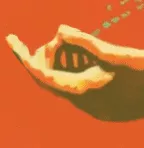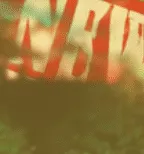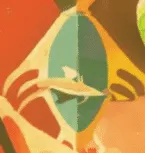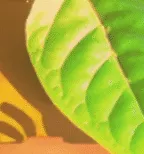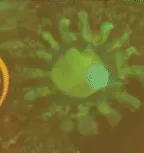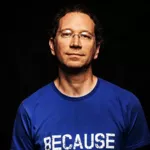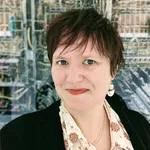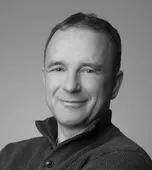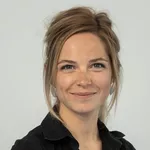Learning from Nature | The Symposium
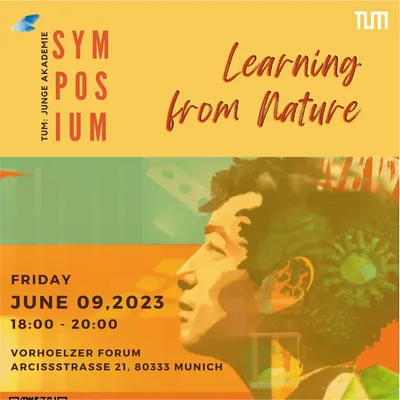
Where?
TUM Vorhoelzer Forum on the main campus
When?
June 9th, 2023, 5:40 pm
Agenda
| 17:40 | Arrival |
| 18:00 | Opening and Welcome Speech |
| 18:15 | Presentations from #class22 (First Session) |
| 18:44 | Panel discussion with Dr. Wöhrl, Dr. Geipel, Gwillem Mosedale, and Kati Nispel |
| 19:04 | Break |
| 19:24 | Presentations from #class22 (Second Session) |
| 20:10 | Pitch #class23 and Closing |
Curious on what constructive ideas will TUMJA #class22 teams present to you? Follow us to have a sneak peek on the final preparation for the creative evening!
For questions, email us anytime at symposium(at)ja.tum.de
Be ready to immerse yourself in thought-provoking discussions with our guest speakers of the night:
Biography: Dr. Nicolas Wöhrl is a physicist at the University of Duisburg-Essen. Working in the field of nano- and material sciences he is constantly fascinated by what he can learn from nature and what complex solutions to problems nature has produced. However, Nicolas is not only enthusiastic about research but also about science communication. He is co-founder of "Methodisch inkorrekt!“ - one of the most successful science podcasts in Germany. After 10 years of podcasting he is not only talking into microphones but also touring through Germany with a science show. His claim: We need more communicating scientists.
Biography: Dr. Andrea Geipel is deputy head of the Deutsches Museum Digital department and was head of the Proxy (formerly VRlab) at the Deutsches Museum. Since 2018, she has been mainly working on digital storytelling topics with a special focus on extended reality applications. She studied sports science with a focus on neuropsychology and motor control and graduated in 2014. At the Munich Center for Technology in Society (Technische Universität München), she finished her PhD on the influence of YouTube's platform policies on expertise concepts of science communication. In 2020, she co-founded the DigaAMus Award for digital museum projects together with Anke von Heyl and Johannes Sauter. She is teaching principles of digital science communication at the TUM.
Biography: Gwillem Mosedale has degrees in physics, business administration, and the social sciences and has worked mostly in industry. Recently, however, he worked on broadening the practice of biomimetics at the Technical Unversity of Munich, forming interdisciplinary teams of engineers and biologists. As part of that mission, he helped establish ‘Learning from Nature’ as the theme of the 2022/23 JA cohort and was proud to be involved with team Membrains. Biomimetics/biomimicry is an approach that promises to reconcile CO2 reduction and technical development with one another, which makes it irrestible in the current times, not just for its clever, refined and environmentally ‘soft‘ solutions, but also for the potential it has for science communication.
Biography: Kati Nispel had already at the age of ten built more soapboxes than she had Barbies and still thinks that a city apartment is no reason to do without a stationary drill. She studied mechanical engineering at the TUM in Munich and discovered her love of outdoor and mountain sports in the south. How the human body functions in these activities and in everyday life is the central question of her research at the School of Engineering and Design and at the Klinikum rechts der Isar. The focus is primarily on the spine as an essential element of the "human" system. Problems of her daily work are therefore e.g. the creation of 3D models from medical image data, the construction of numerical simulations with these spine models and the automation of all this with the help of Python.
Proudly brought to you by
TUM: Junge Akademie
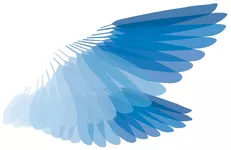
TUM: Junge Akademie (TUMJA) is the TUM's scholarship program for exceptionally talented and dedicated students. It offers committed students individual scope for development on their way to reaching positions of responsibility in our modern society. Among other things, the scholarship aims to confront the most promising students with open and particularly difficult problems at an early stage to teach them how to solve such issues.
